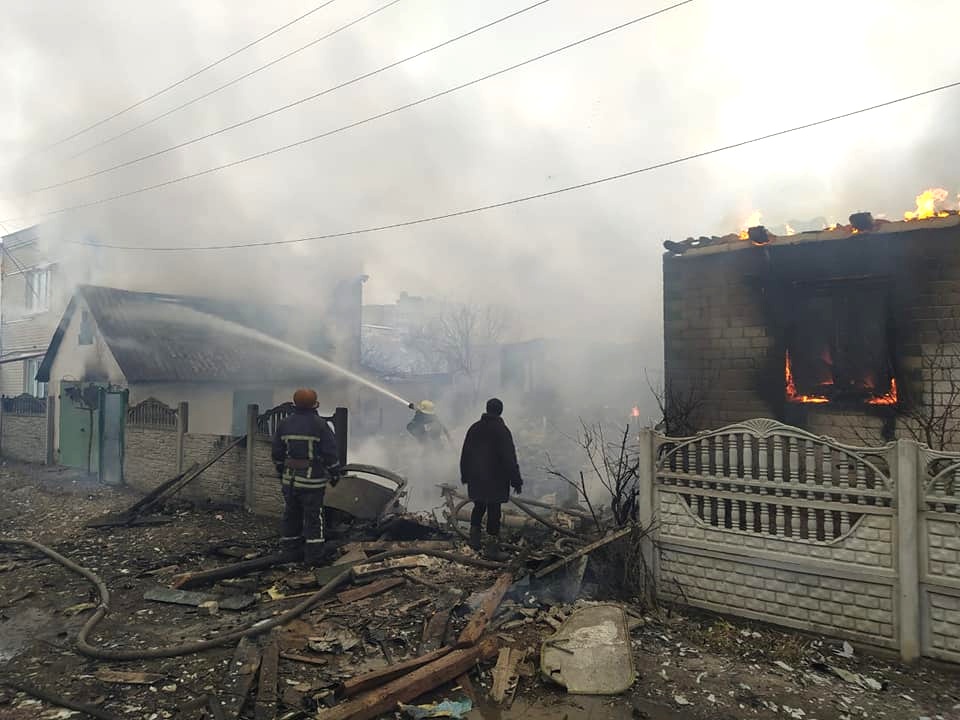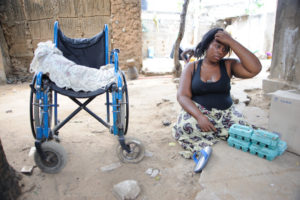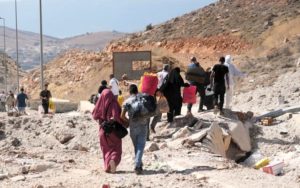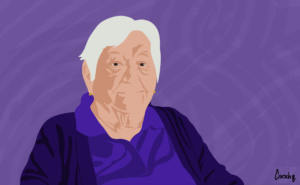
War Crimes, Justice, Refugees, and Solidarity: Supporting Civilians in Ukraine and Other Forgotten Conflicts
In the 65 days since the Russian invasion of Ukraine, widespread evidence has accumulated of alleged war crimes against the civilian population, in the form of targeted and indiscriminate attacks, including against hospitals, the denial of access to humanitarian aid and safe passage out of war zones, as well as the brutal murder of civilians.
For those familiar with the Russian involvement in the wars in Chechnya, Georgia, Syria, and elsewhere, these crimes are sadly not a surprise. Indeed, we predicted them in our statement of 1st March.
The recent involvement of major powers in armed conflicts in war-torn countries has demonstrated a general hostility to accountability for war crimes. As Eleftheria Kousta shows in a new blog for UAI, major Western powers have yet to take adequate steps to address the issue. The Russian government’s suppression of all critical voices and denial of any responsibility, when responding to allegations of war crimes makes investigation of alleged crimes in Ukraine particularly problematic.
Today, UAI repeats its call for an immediate ceasefire in Ukraine and commitment of all parties to the conflict and other stakeholders to a peaceful resolution of the conflict. Specifically, UAI:
- Supports the call from over 200 former staff members of the United Nations for a more proactive involvement of the Secretary-General and the UN political leadership in peace–making efforts.
- Welcomes the appointment on 4th March by the UN Human Rights Council of an independent, international Commission of Inquiry to investigate allegations of war crimes and crimes against humanity taking place in Ukraine.
- Welcomes the decision of the Chief Prosecutor of the International Criminal Court to open investigations into allegations of war crimes and crimes against humanity in Ukraine.
- Stresses the importance of independent journalism and forensic evidence-based investigations; and supports the essential role of organizations doing such work. These investigations help to debunk disinformation, which, if not challenged, fuels hate speech.
Refugees and Displaced Persons
The response of the people and governments of Poland, Slovakia, Moldova, Hungary, and Romania to the arrival in such a short time of more than 5 million refugees from Ukraine has been truly encouraging. It demonstrates the humanity of ordinary families and communities touched by the plight of those forced to flee. However, the reports of incidents of discrimination against people of non-Ukrainian nationality fleeing the country have been distressing and underline the importance of upholding international protection standards for all.
UAI:
- Calls on all those fleeing Ukraine, of whatever nationality, to be offered all necessary assistance and protection.
- Welcomes the decision of the European Union (EU) to apply the Temporary Protection Directive to people from Ukraine seeking sanctuary in the countries of the EU and calls on the EU to demonstrate similar humanity in its welcome to people seeking asylum from elsewhere.
- Calls on European states outside the EU, including the UK, that have not shown the same generosity to Ukrainian refugees to remove barriers to the rapid admission of Ukrainian refugees.
- Commends to the attention of all organisations offering support to people displaced from or within Ukraine the guidance issued by the Global Protection Cluster of the Inter-Agency Standing Committee in its Recommendation Note on Humanitarian Evacuations of Civilians in Ukraine.
Other Desperate Situations
While the eyes of the world’s media are on Ukraine, and the economic fall-out from the war brings hunger and destitution to people in many parts of the world, armed conflicts continue to bring death and destruction to people in Cameroon, Central African Republic, the Democratic Republic of the Congo, Ethiopia, Somalia, South Sudan, Sudan, Syria, Yemen, and elsewhere. In Afghanistan, while armed violence has been substantially reduced, attacks by extremist groups on minority populations are still occurring, while the catastrophic economic situation is leaving ever-increasing numbers of families without the most basic needs of food, water, and adequate shelter.
UAI calls upon its supporters and partners to express their solidarity with all civilians in countries affected by war. Silence in the face of brutality strengthens those who flout the law and deny our common humanity. Solidarity among people is the most powerful tool against authoritarianism and repression.
To see suggestions for actions you can take regarding Ukraine, see UAI’s Note on Resources.











